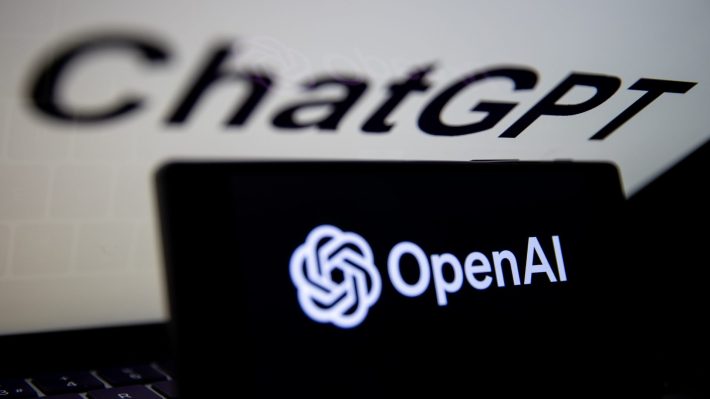OpenAI is set to open its first office in the European Union (EU) and make several strategic hires, as the company prepares for regulatory headwinds.
The ChatGPT-maker says that it plans to open its third office, after San Francisco and London, which it announced in June, in Ireland, which has emerged as almost a second home for countless U.S. tech companies seeking to foster closer ties with European lawmakers and customers — while paying a more favorable rate of tax, too.
According to its careers page, OpenAI is currently hiring for nine positions in the Irish capital, Dublin, and the roles that it’s looking to fill are somewhat indicative of where its head is currently.
Besides a handful of payroll and customer-focused roles, the company is hiring for an associate general counsel for the EMEA region; a policy and partnerships lead for global affairs; a privacy program manager; a software engineer focused on privacy; and a media relations lead.
In short, OpenAI is gearing up to show Brussels that it’s serious about privacy, and it plans to shout this from the rooftops.
The Europe factor
For context, OpenAI has faced more than a little scrutiny off the back of ChatGPT, a generative AI chatbot that has taken the world by storm over its ability to generate extensive content from simple text-based prompts. In Europe, Italy back in March ordered ChatGPT to be blocked over data protection concerns — specifically, how it might be processing people’s data unlawfully, as well as the lack of sufficient guardrails for minors. Spain swiftly followed suit, though OpenAI relaunched ChatGPT in Italy after introducing some privacy disclosures and controls.
More recently, OpenAI was accused of myriad data protection breaches by a security and privacy researcher who filed a complaint with the Polish data protection authority, arguing that OpenAI was infringing on the bloc’s General Data Protection Regulation (GDPR) spanning areas such as (lack of) transparency, data access rights, lawful basis (for processing data), fairness and privacy by design.
On the horizon, however, is the EU AI Act, which is setting out to govern AI applications based on their perceived risks. Once passed, they will be the first significant AI regulations to emerge anywhere in the world, and could serve as a blueprint for other countries to follow.
Earlier this year, OpenAI CEO Sam Altman embarked on a European schmoozing tour, where he met with regulators and apparently warned against too much AI regulation. This was despite recently telling U.S. regulators that AI regulation was crucial and that an international regulatory body for AI was needed.
And this, effectively, is why OpenAI is having to set up shop in the EU, though its current hiring schedule seems somewhat lightweight when juxtaposed against the might of the EU. It also pales compared to the millions that the likes of Meta, Alphabet and Microsoft have spent lobbying against regulation in Europe.
At any rate, it’s clear that Europe will be a major focal point for all companies working in the AI realm, and as one of the biggest frontrunners in the burgeoning generative AI realm, we can expect OpenAI to expand its presence and lobbying efforts from here on in.
